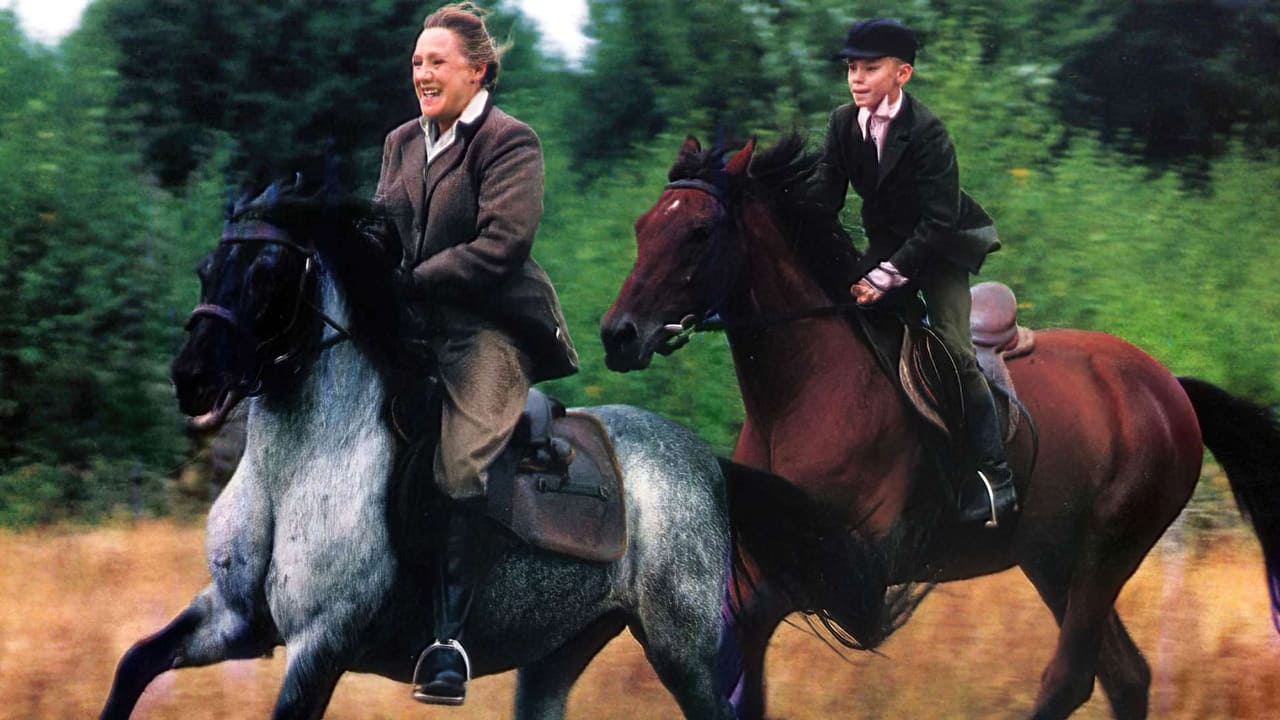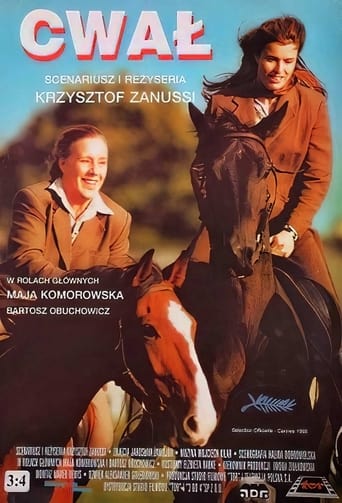Hulkeasexo
it is the rare 'crazy' movie that actually has something to say.
StyleSk8r
At first rather annoying in its heavy emphasis on reenactments, this movie ultimately proves fascinating, simply because the complicated, highly dramatic tale it tells still almost defies belief.
Murphy Howard
I enjoyed watching this film and would recommend other to give it a try , (as I am) but this movie, although enjoyable to watch due to the better than average acting fails to add anything new to its storyline that is all too familiar to these types of movies.
Cissy Évelyne
It really made me laugh, but for some moments I was tearing up because I could relate so much.
Andrew George
"Cwal" ("At Full Gallop" or "In Full Gallop"), is the story of a collection of good people living under the USSR-supported Stalinist-Communist single-party government of the Polish United Worker's Party (the 'Polska Zjednoczona Partia Robotnicza', or the 'PZPR') in the former 'People's Republic of Poland' (the 'Polska Rzeczpospolita Ludowa', or the 'PRL'), a satellite state of the Soviet Union.This film, apparently largely based on the real childhood experiences of the director, Krzysztof Zanussi Zanussi (1939-, "Persona non grata" (2005), "Life as a Fatal Sexually Transmitted Disease" (2000)), shows just some of the suffering caused by the misguided Communist politics of 'class' envy and the resentment of 'bourgeois' hobbies in the former Eastern bloc (see Ksawery).The good people of Poland are repeatedly denied and repressed as when Hubert is not permitted by the state to accept harmless packages from his father in England and when his eccentric Aunt Idalia (the beautiful and talented Maja Komorowska of Krzysztof Kieslowski's "Dekalog, jeden" and "Dekalog, dwa" (1989), Zanussi's "Kontrakt" (1980) and Andrzej Wajda's "Wesele" (1973) fame...) cannot easily (or legally) indulge in her 'bourgeois' passion of horse riding without winning the assistance of an ironically overfed government Minister or a pompous 'Socialist hero' the type of General Rossokovsky.I would highly recommend this very entertaining and emotive film to anyone, including - no, especially - the Socialists of all parties.

